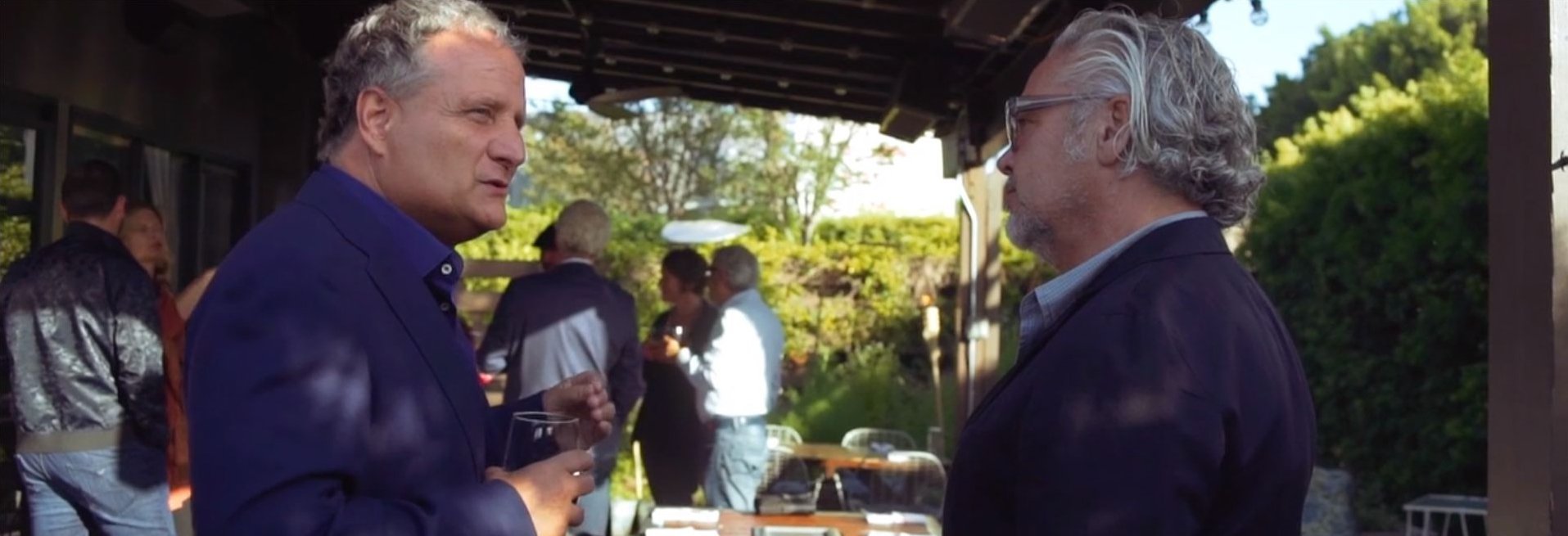 Endangered Species Day Special Guest: International Animal Rescue's Sophie Pollmann
Endangered Species Day Special Guest: International Animal Rescue's Sophie Pollmann
There are over 16,000 endangered species threatened with extinction. We are talking one in four mammals, one in eight birds, a third of all amphibians, and most of the planet's plants. The iBBQ team agrees that today is a day to ponder this plight and what we can do about it, as there's no question who got the planet into this mess. Humans.

One of my favorite humans happens to be U.S. Director of International Animal Rescue. (If you read my very first Barbie Q post and look at Sophie's photo here, you may be able to surmise how I met her. Please comment below with your best guess and if you are right, you will win a dinner date with Sophie.... OK, I made up the dinner date part, but it's very important that you are paying attention, so I did it for the endangered species. Keep reading.) Sophie and her colleagues work tirelessly to end animal suffering across the globe. Sophie agreed to share more about IAR's major projects and also offer a few tips for how we all can do our part to help save the creatures mankind has disregarded - or blatantly harmed - for too long.

Sophie Pollmann, U.S. Director, International Animal Rescue
Sophie Pollmann on International Animal Rescue
J: Tell us a little about International Rescue (IAR).
S: IAR is an organization that was founded in England in 1989. We rescue animals all over the world. Our main projects are in Indonesia, India, Costa Rica. We have an orangutan rescue center in Borneo, where we rescue, rehabilitate, and release orangutans back into the wild. We also rescue slow lorises from the illegal pet trade. They are very cute little primates, which is bad luck for them, as they are not suitable at all as pets.

A trader clipping a slow loris's teeth, which often results in death from blood loss or infection
Three Ways You Can Help Endangered Animals
J: What are some ways people can help an endangered species like the orangutan?
An orangutan clinging desperately to the last tree in a habitat destroyed for palm oil. This endangered species is our closest cousin.

The bears' muzzles were mutilated with a hot poker and then strung with a coarse rope, forcing them to "dance" in pain when the rope was tugged.
3. Raise awareness. Talk about the issue with people. You can learn all about the species we work with, and why, on Internationalrescue.org. Share what you learn with others. People tend to think these species aren't here in the West so we aren't responsible; it's happening "over there," and we are powerless. But we are responsible and have influence as consumers. Put pressure on companies. If everyone asked questions about where and how they are sourcing ingredients or materials, we would force companies to be more responsible.
Here at iBBQ, we are determined to take care of our planet and not interfere with the habitats that are vital to the survival of the many species who share Mother Earth with us. We know it's important to build green furniture that is responsibly harvested from renewable resources or that incorporates recycled materials. The Iroko wood used in our high-end contemporary patio furniture and barbecue grill is Lacey Act compliant. The Lacey Act is a landmark U.S. legislation that bans the use of illegally sourced wood products. The Tigerwood used in our premium line is sustainably sourced from Brazil and is FSC certified. All imports are cleared by the USDA. We support environmentally sustainable, socially beneficial, and economically prosperous forest practices worldwide, to protect forests for future generations. Look for the new iBBQ website to launch by the end of May - it's going to be as sleek and striking as Angara's gorgeous grill table!








